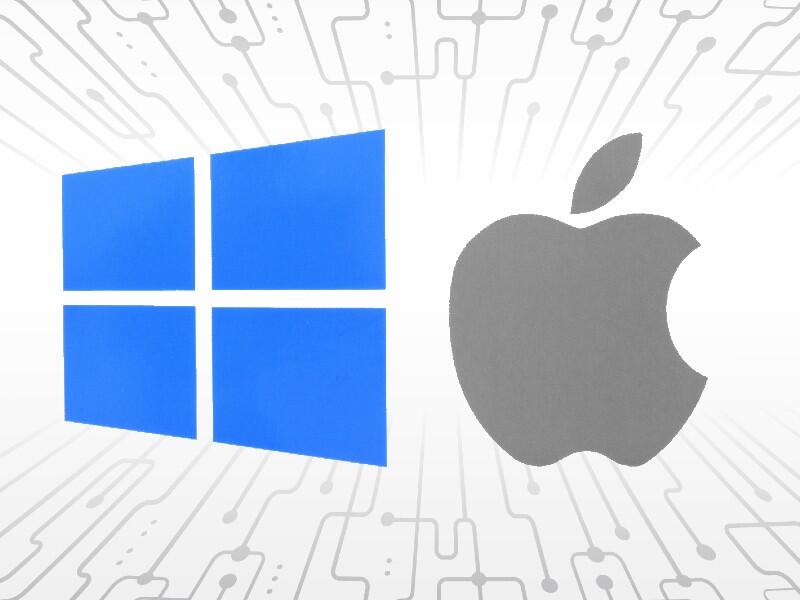Real Mental Health Site: Building Trust in Your Mental Health Journey
Navigating mental health challenges can feel overwhelming, especially when seeking support online. With a vast array of resources available, finding a real mental health site that offers trustworthy, professional, and practical support is crucial. A legitimate mental health platform serves as a safe haven, providing evidence-based information, facilitating connections with qualified experts, and promoting overall well-being. This article delves into the significance of a real mental health site, how to distinguish trustworthy platforms, and why it is essential to make an informed choice when seeking mental health support.
Why the Search for a Real Mental Health Site Matters
The rise of the internet has allowed individuals to access mental health support more conveniently than ever before. Whether you're struggling with mental health conditions like depression or anxiety or simply seeking guidance on well-being practices, an online mental health platform can offer invaluable help. However, the increasing volume of available platforms comes with a challenge—identifying which ones are reliable, supportive, and rooted in evidence.
A real mental health site helps individuals not only understand their mental health but also provides concrete steps for managing and improving it. Without proper resources, people may be led astray by misinformation or poor-quality services that don't address their specific needs.
Characteristics of a Real Mental Health Site
1. Professional and Verified Content
A genuine mental health site bases its content on reputable sources, including peer-reviewed research, licensed professionals, and established mental health organizations. Articles should be written by mental health experts or be reviewed by them to ensure accuracy and validity.
Mental health conditions are complex and unique to each individual, so it’s essential that the site you choose offers information that's comprehensive and reliable. Avoid platforms that provide generic or unverified advice that may not apply to your specific situation.
2. Access to Licensed Professionals
Professional support is key to managing mental health effectively. A real mental health site should offer users access to licensed professionals, whether it's for therapy, counseling, or consultations.
Reputable platforms like Talkspace or BetterHelp provide online therapy services with licensed counselors and therapists. Users can engage in one-on-one sessions, often through text, audio, or video calls, which is particularly beneficial for those who may not have access to in-person therapy due to location or scheduling constraints.
Moreover, access to mental health professionals through these sites allows individuals to receive tailored support based on their unique needs, ensuring they get the most effective treatment.
3. Clear and Transparent Privacy Policies
When dealing with mental health concerns, privacy is of the utmost importance. A trustworthy mental health site should have clear, accessible privacy policies that explain how your data is collected, stored, and protected. Data encryption is essential, as any sensitive information (such as therapy sessions or health assessments) should be securely stored and kept confidential.
Look for platforms that adhere to strict data protection standards, ensuring that your personal and health information is not shared or sold to third parties without your consent.
4. Interactive Tools and Resources
A real mental health site should offer more than just information. Interactive tools can empower individuals to actively manage their mental health. Some essential tools may include:
- Symptom checkers and assessments: These tools help users assess their mental health status and decide whether professional help is necessary. Common screenings cover conditions like depression, anxiety, PTSD, and stress.
- Guided exercises and resources: Tools like cognitive behavioral therapy (CBT) worksheets, self-care tips, and relaxation techniques can help individuals address negative thought patterns and emotional challenges.
- Supportive apps: Many platforms now offer mental health apps that allow users to track their mood, manage their emotions, and practice mindfulness exercises.
These features help individuals practice self-care, increase awareness of their emotional state, and track their progress over time.
5. Safe, Moderated Communities
Mental health journeys can be isolating, but connecting with others who understand your experiences can be immensely supportive. A real mental health site will offer moderated online communities, discussion forums, or peer support groups where users can share their challenges and offer advice.
These spaces should be safe and respectful, with clear guidelines to prevent bullying or harmful interactions. Moderation ensures that discussions remain productive and supportive, creating an environment of trust and care.
Red Flags: Identifying Unreliable Mental Health Sites
While many mental health platforms are trustworthy, there are some that may not be as reliable or may mislead users. Here are a few red flags to watch out for when evaluating a site:
1. Lack of Professional Input
If a website doesn't have content reviewed by licensed mental health professionals or doesn’t cite reputable sources, it could indicate that the platform is not credible. Always check for author credentials and whether the content is backed by evidence.
2. Promises of “Cures” or “Quick Fixes”
Mental health recovery is a journey, and there are no quick fixes. Any platform that promises immediate or miraculous cures should raise concern. Mental health management takes time and personalized care, and no site should guarantee instant results or use emotionally manipulative language.
3. Insecure Websites or Poor Privacy Practices
If a site lacks secure encryption, doesn’t provide clear privacy policies, or makes it difficult to access their data protection information, avoid it. Your privacy should be a top priority, especially when dealing with sensitive mental health data.
4. Overpriced Services without Transparency
While therapy or mental health support services may come at a cost, a real mental health site should be transparent about pricing. Avoid platforms that don't clearly outline their service fees or make their pricing difficult to understand. Ensure the platform offers genuine value for the cost.
Top Real Mental Health Websites You Can Trust
Here are some of the best, trusted mental health sites that prioritize accuracy, professionalism, and user privacy:
1. National Institute of Mental Health (NIMH)
The NIMH provides comprehensive, research-based information on various mental health disorders, treatments, and preventive measures. As a government-run organization, it is an incredibly reliable source for accurate and up-to-date mental health resources.
2. BetterHelp
BetterHelp is a leading platform for online therapy, providing access to licensed counselors and therapists for virtual sessions. It’s a convenient option for individuals who prefer remote therapy and offers a wide range of mental health services.
3. 7 Cups
7 Cups offers anonymous emotional support through trained listeners and licensed therapists. The platform features a variety of support groups, self-help resources, and counseling options, making it a valuable resource for those who need help but may not be ready to seek traditional therapy.
4. Mental Health America (MHA)
Mental Health America offers educational resources, advocacy, and information on mental health conditions. It also provides a tool for online mental health screenings, allowing individuals to assess their mental health and decide on next steps.
5. Talkspace
Talkspace provides users with access to licensed therapists via secure video, audio, and text messages. It’s an excellent resource for individuals who need ongoing therapy but prefer a more flexible, remote approach.
The Importance of Choosing the Right Site
Mental health is not something to be taken lightly, and finding the right resources and support is key to ensuring that you receive the help you need. Choosing a real mental health site with professional backing, privacy protection, and appropriate resources can make a significant difference in your journey to mental well-being.
By prioritizing quality, professional guidance, and safety, you can ensure that the site you choose will be a helpful, trustworthy resource. Remember, taking the first step in seeking help is one of the most courageous things you can do for your mental health. Whether you are seeking therapy, self-help resources, or community support, a real mental health site is a powerful tool for positive change.
Conclusion
In a digital world where misinformation is rampant, finding a real mental health site is more important than ever. The best sites offer expert-reviewed content, access to licensed professionals, and a safe space for emotional support. They also prioritize privacy, provide interactive tools, and empower individuals to take charge of their mental well-being. Choosing the right platform is essential to getting accurate support, and the right site can lead you toward healing and self-discovery. Remember to be cautious, take your time, and choose resources that put your mental health first.
What's Your Reaction?
















